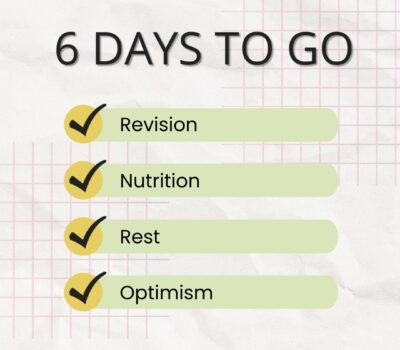As a parent, it can be difficult to navigate the world of healthy eating for your child. Between busy schedules, picky eaters, and conflicting information, it is easy to feel overwhelmed. However, it is important to prioritize your child’s nutrition, as it can have a significant impact on their physical and mental health. Here are some tips for helping your child develop healthy eating habits:
Lead by example
One of the most effective ways to encourage healthy eating habits in your child is to model them yourself. Children are more likely to adopt healthy habits if they see their parents doing the same. This means trying to eat a balanced diet, including plenty of fruits and vegetables, lean protein, and whole grains. Avoid making negative comments about your own body or the foods you eat, as this can inadvertently teach your child to have a negative relationship with food.













